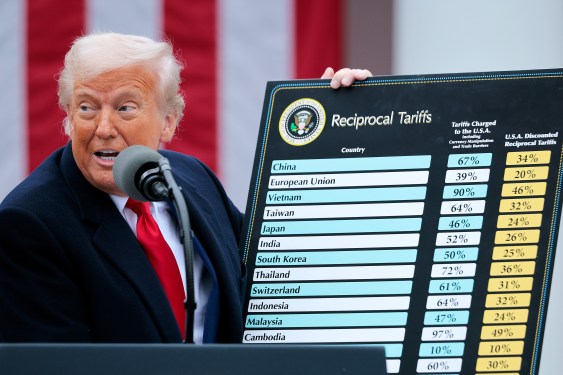AI Race Intensifies: Comments on National AI Policy Spotlight Key Issues

As the national dialogue surrounding artificial intelligence (AI) evolves, over 10,000 submissions have been directed to the White House concerning the emerging AI Action Plan. These responses touch on critical issues ranging from copyright regulation to the environmental implications of AI infrastructure. The White House’s Office of Science and Technology Policy (OSTP) has made the detailed feedback public, encapsulating a broad spectrum of opinions in a substantial PDF report spanning 18,480 pages.
Recently, the political landscape of AI policy has shifted dramatically. Following the repeal of former President Biden’s executive order on AI, President Donald Trump has redirected federal priorities towards fostering AI development that is devoid of ideological bias while promoting economic growth and national security. However, Trump’s recent executive actions notably neglect the pivotal issue of combating AI discrimination, a cornerstone of Biden’s approach.
The comments submitted reflect the stark realities of the current AI ecosystem. Advocates for stronger copyright protections argue that AI systems are exploitative, often leveraging the creative output of individuals without proper remuneration for their contributions. Industry voices, including prominent venture capital firms, have criticized such calls for stricter regulations, viewing them as barriers to innovation in AI development.
Major tech entities, like Google and OpenAI, have already begun advocating for revised policies that would clarify fair use in AI training processes. This stance is echoed by organizations calling for increased federal investment in scientific research, especially as government funding for such initiatives faces severe cuts. Industry experts argue that these cuts could impede essential AI advancements and research productivity.
Furthermore, concerns surrounding the impact of existing tariffs on foreign goods have been raised, with trade associations warning that these regulations could stymie domestic investments in AI technologies. Groups such as the Data Center Coalition have asserted that tariffs will not only hinder operations but also prolong the developmental timelines of AI capabilities in the U.S. The Information Technology Industry Council has called for a more measured approach to tariffs — one that prioritizes the safeguarding of domestic interests while preventing unnecessary escalation in trade disputes.
Amidst these discussions, the issue of AI censorship has gained traction, particularly among Trump’s advisors, such as Elon Musk and David Sacks. Allegations of bias against conservative perspectives in popular AI models have left some commentators questioning the objectivity of these systems. Musk’s own ventures in AI highlight the ongoing struggle to create unbiased technologies, illustrating the complexity of addressing this issue.
As the White House intensifies efforts to create a comprehensive AI policy, recent appointments like Michael Kratsios as the new OSTP director signify a renewed focus on aligning AI advancements with national interests. Those involved in shaping AI policy must navigate the multifaceted challenges ahead — including patent laws, ethical considerations, and protecting both innovation and intellectual property rights — as the global race for dominance in artificial intelligence escalates.
For deeper insights on the ongoing developments in AI policy, you can explore this article on policy implications and this analysis of AI’s impact on creativity. Further, check out our resources on best AI tools for analysis for enhancing your understanding of the current landscape.
